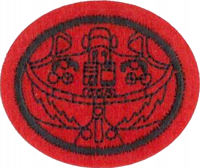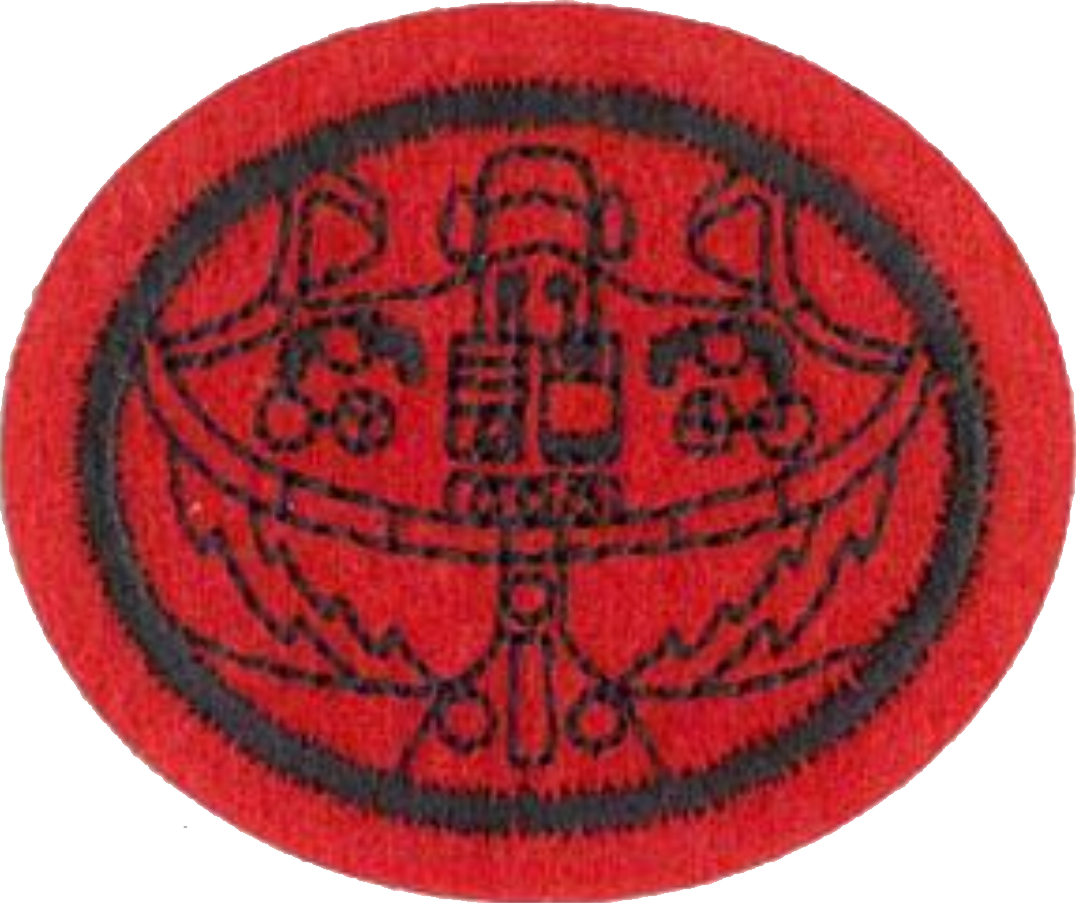Difference between revisions of "AY Honors/Aviators/Requirements/es"
(Created page with "</noinclude>Multimotor, tierra <noinclude>") |
(Updating to match new version of source page) |
||
| Line 9: | Line 9: | ||
<noinclude></noinclude><section end=req1a /></b> | <noinclude></noinclude><section end=req1a /></b> | ||
| − | :<b>i. <section begin=req1i /><noinclude></noinclude>Un motor, tierra | + | ::<b>i. <section begin=req1i /><noinclude></noinclude>Un motor, tierra |
<noinclude></noinclude><section end=req1i /></b> | <noinclude></noinclude><section end=req1i /></b> | ||
| − | :<b>ii. <section begin=req1ii /><noinclude></noinclude>Multimotor, tierra | + | ::<b>ii. <section begin=req1ii /><noinclude></noinclude>Multimotor, tierra |
<noinclude></noinclude><section end=req1ii /></b> | <noinclude></noinclude><section end=req1ii /></b> | ||
| − | :<b>iv. <section begin=req1iv /><noinclude></noinclude>Un motor, mar | + | ::<b>iii. <section begin=req1iii /><noinclude><div lang="en" dir="ltr" class="mw-content-ltr"> |
| + | </noinclude>Single-engine sea | ||
| + | <noinclude> | ||
| + | </div></noinclude><section end=req1iii /></b> | ||
| + | |||
| + | ::<b>iv. <section begin=req1iv /><noinclude></noinclude>Un motor, mar | ||
<noinclude></noinclude><section end=req1iv /></b> | <noinclude></noinclude><section end=req1iv /></b> | ||
| Line 21: | Line 26: | ||
<noinclude></noinclude><section end=req1b /></b> | <noinclude></noinclude><section end=req1b /></b> | ||
| − | :<b>i. <section begin=req1i /><noinclude><div lang="en" dir="ltr" class="mw-content-ltr"> | + | ::<b>i. <section begin=req1i /><noinclude><div lang="en" dir="ltr" class="mw-content-ltr"> |
</noinclude>Helicopter | </noinclude>Helicopter | ||
<noinclude> | <noinclude> | ||
</div></noinclude><section end=req1i /></b> | </div></noinclude><section end=req1i /></b> | ||
| − | :<b>ii. <section begin=req1ii /><noinclude><div lang="en" dir="ltr" class="mw-content-ltr"> | + | ::<b>ii. <section begin=req1ii /><noinclude><div lang="en" dir="ltr" class="mw-content-ltr"> |
| − | </noinclude> | + | </noinclude>Gyro plane |
<noinclude> | <noinclude> | ||
</div></noinclude><section end=req1ii /></b> | </div></noinclude><section end=req1ii /></b> | ||
| Line 46: | Line 51: | ||
</div></noinclude><section end=req1e /></b> | </div></noinclude><section end=req1e /></b> | ||
| − | :<b>i. <section begin=req1i /><noinclude><div lang="en" dir="ltr" class="mw-content-ltr"> | + | ::<b>i. <section begin=req1i /><noinclude><div lang="en" dir="ltr" class="mw-content-ltr"> |
</noinclude>Balloon | </noinclude>Balloon | ||
<noinclude> | <noinclude> | ||
</div></noinclude><section end=req1i /></b> | </div></noinclude><section end=req1i /></b> | ||
| − | :<b>ii. <section begin=req1ii /><noinclude><div lang="en" dir="ltr" class="mw-content-ltr"> | + | ::<b>ii. <section begin=req1ii /><noinclude><div lang="en" dir="ltr" class="mw-content-ltr"> |
</noinclude>Airship | </noinclude>Airship | ||
<noinclude> | <noinclude> | ||
Revision as of 15:49, 14 May 2021
Nivel de destreza
2
Año
2015
Version
07.02.2026
Autoridad de aprobación
División Norteamericana
1. Identificar, con aviones reales, las 5 categorías de aeronaves y las diferentes clases dentro de cada categoría.
- a. Aviones
- i. Un motor, tierra
- ii. Multimotor, tierra
- iii.
Single-engine sea
- iv. Un motor, mar
- b. Multimotor, mar
- i.
Helicopter
- ii.
Gyro plane
- c.
Glider
- d.
Powered lift
- e.
Lighter than air
- i.
Balloon
- ii.
Airship
2.
Be involved in an interactive discussion that explores the following:
- a.
Bernoulli’s principle and how it applies to airplanes
- b.
The four forces of flight and how each affects the flight of an airplane.
- c.
Three types of aircraft and their uses in aviation today.
- d.
The three principal axes of an airplane. Demonstrate the type of movement the aircraft does on each axis and what controls that movement.
- e.
Different types of engines, wings, and other gear and their application/usage.
3.
Correctly identify on a real plane the following exterior parts of an airplane.
- a.
Cowling or Nacelle
- b.
Propeller
- c.
Landing Gear
- d.
Wing
- e.
Flap
- f.
Right Aileron
- g.
Left Aileron
- h.
Fuselage
- i.
Empennage
- j.
Horizontal Stabilizer
- k.
Vertical Stabilizer
- l.
Elevator
- m.
Rudder
4.
Correctly identify on a real plane the following parts of the interior of an airplane.
- a.
Altimeter
- b.
Attitude Indicator
- c.
Airspeed indicator
- d.
Magnetic compass
- e.
Heading Indicator
- f.
Turn coordinator
- g.
Vertical Speed indicator
- h.
Yoke
- i.
Brakes
- j.
Rudder Pedals
- k.
Throttle control
- l.
Trim Control
5.
Choose 3 historical figures in aviation who have had an impact on aviation history. Detail their role and importance in aviation history. Some possible figures include: Leonardo da Vinci, Daniel Bernoulli, Sir George Cayley, Otto Lilienthal, Gustave Whitehead, Octave Chanute, Orville & Wilbur Wright&, Glen Hammond Curtiss, or Amelia Earhart.
6.
Do one of the following:
- a.
PREFERRED: Take an intro flight in an airplane and observe the different movements made by three different control surfaces. Record your observations.
- b.
(If an intro flight is not possible) Demonstrate and explain on the ground the different movements made by three different control surfaces. You may do this demonstration on a real aircraft or in a flight simulator.
7.
Do one of the following:
- a.
Interview a mission pilot or missionary who has used airplanes to help tell people about Jesus. As a result of your interview be able to:
- i.
List three ways God uses mission aviation to spread the gospel, based on the Great Commission of Matthew 28:18-20
- ii.
List three ways you as a Pathfinder can help our mission pilots
- b.
Interview a commercial full-time pilot. As a result of your interview be able to:
- i.
List three ways pilots can share Jesus within their workplace, based on the Great Commission of Matthew 28:18-20
- ii.
List three ways you as a Pathfinder can share Jesus within a non-church environment.
- ↑ The Wright brothers are one historical character


